4 Reasons Why your Facebook Ads are Failing

4 Reasons Why Your Facebook Ads Are Failing -
Everyone loves to talk about how great Facebook Ads are. With its billion users per month, its cutting edge ad platform, its detailed targeting options, and extensive list of case studies. Facebook often seems like the place to market online.
But among all this, there is a hard truth!
Almost all businesses, struggle to get good results from Facebook Ads.
That’s not to say that Facebook isn’t a good place to advertise. You can get great results from Facebook Ads. The fact of the matter, though, is that Facebook advertising isn't easy or straightforward.
These days,
Facebook Ads are so competitive. It is vital you take the time to do the ads the right way.
So, here are 4 reasons why your facebook ads are failing.
1. Failing to test your campaigns
Launching a Facebook Ads campaign is simple. In fact, it’s so simple that you can start paying for your ads almost without even noticing it.
You set up your account, start running ads and waiting for the leads and sales to come in.
Unfortunately, this whole process can be misleading. While it certainly is easy to set up a campaign, carrying out your strategy, via messaging, and targeting can take a lot of work. If you think you’ll get great results straight away, you’re going to be disappointed.
The only real way to know what works and what doesn’t work is to test everything. It means more work however Facebook actually makes it fairly easy to test a variety of different aspects of your campaigns.
You can learn a lot about your audience and what messaging they respond to through creative testing, and then you use your results to refine your delivery, audiences and placement.
Effective Facebook ad campaigns is the result of a calculated testing strategy. If you aren’t testing your campaigns, you may never figure out how to make Facebook Ads work for your business.
2. Highlighting the wrong values
As we just discussed, it can be hard to predict exactly what your audience will respond to. For your ads to succeed, you need to be specific with your messaging and ad design.
Unfortunately, many businesses don’t really understand why there customers convert. They think they understand their value proposition, but they have focused on what they value,not what there customers value.
To make matters worse, even when you get your value proposition right, it can be hard to figure out how to communicate it effectively to your audience.
So, as you test your ad, make sure that you understand what your core value proposition really is. Then, every time you create an ad, take a step back and ask yourself, “Is my value proposition clear? What would someone who knows nothing about my business take away from this ad?” If you’re not satisfied with your answers, go back to the drawing board.
3. Targeting small audiences
Facebook Ads provides an extraordinary level of targeting detail. As a general rule, the more specific you can get with your marketing, the more effective it will be. And, the more narrow your target audience, the easier it is to get specific with your marketing.
As a result, it seems like Facebook’s targeting options would make Facebook Ads the ideal marketing platform tool?.
However, there is a problem with getting too over specific with your targeting. Facebook Ads is a primarily an awareness-generating platform. Not many people use Facebook in search of a place to eat, getting their car serviced, or purchasing toiletries.
So what does that mean for your marketing? Well, no matter how specific your marketing is, there is only a small percentage of your audience who will respond to your ads. So when you’re dealing with top of the funnel advertising, it’s all about the numbers, and when your audience is too niche, the numbers are not on your side.
This is especially true when you’re first starting out on Facebook Ads. There are a lot of unknowns and if you get overly specific with your audience, especially while testing your messaging, you can sabotage your campaigns without intending too.
4. Focusing on short-term results
People will see your ads, click and convert. While this might be the case for certain businesses (especially ecommerce businesses selling impulse-buy products), for most companies, things are more complicated than that. Facebook is a fairly low-intent marketing channel. People visit Facebook to socialise, not to purchase things.
So, when it comes to your campaigns, you have to assume that almost no one who sees an ad from your business on Facebook is going to be converted the first time around. They are hearing about your business and what you’re offering, so it’s going to take some time for them to warm up to the idea of converting.
With that in mind, your ads need to meet your audience where they’re at. Rather than pushing them hard to convert the first time they notice your ad, you’ll want to create a variety of ads that build familiarity and nudge people through your funnel.
While the Facebook Ads is simple and intuitive, getting good results from your Facebook campaigns takes a lot of effort. That’s why so many businesses struggle with Facebook Ads, even when their business is a great fit for the platform.
The problems we have been discussing, are very common, but they’re also fairly easy to solve.
All you have to do is put in the necessary time and effort to test your campaigns, figure out how to effectively communicate your value proposition, find an adequately-sized audience to target, and focus on driving long-term results.
If you think running Facebook Ads is easy, you are going to be disappointed. In fact, that’s probably why you’re reading this Blog. However if you view Facebook Ads as a puzzle that will generate great results once you solved it, you will start to get results.
If you’re not getting the results you expect from your Facebook ads campaigns or you would like to talk about your online marketing give us a call on 079617480 or contact us today.








